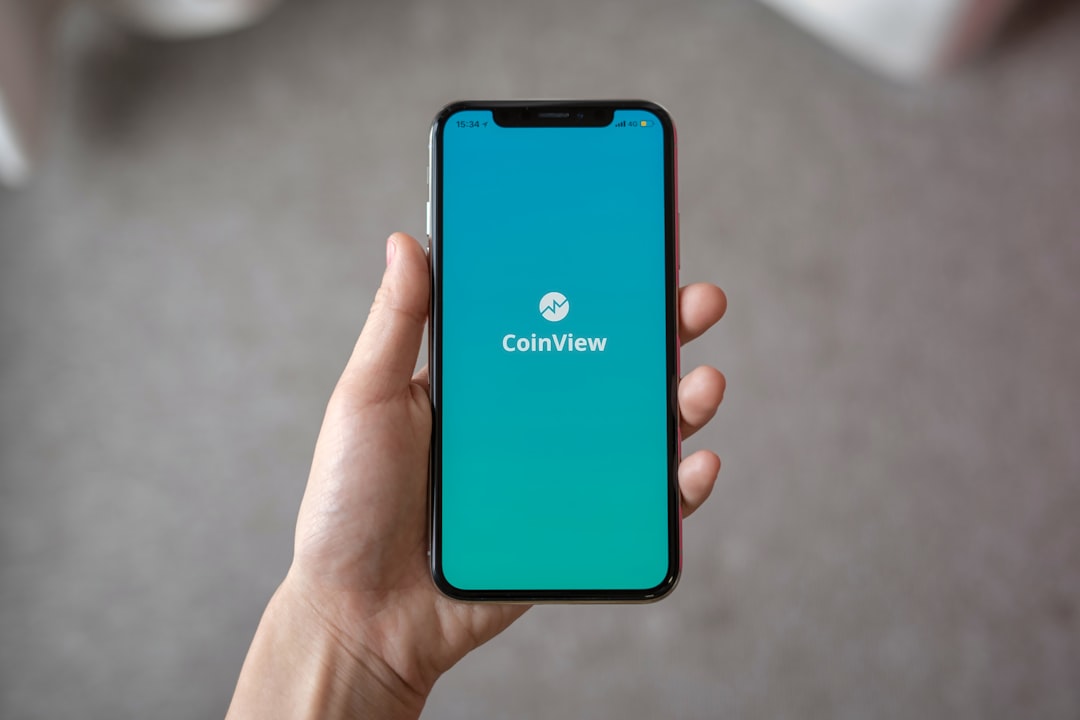In the digital age, spam robocalls have become a daily nuisance in Alabama. To counter this issue, the state has enacted stringent spam call law under the Alabama Communications Act, restricting automated calls to emergency or public safety messages. Spam call law firms Alabama are pivotal in upholding these regulations, shielding residents from intrusive calls and assisting businesses in avoiding legal repercussions while fostering consumer trust. Legal experts in Birmingham employ advanced caller ID systems, collaborate with telecom providers to block spam at the network level, educate clients on best practices, and implement innovative strategies like sophisticated call management software to combat robocalls effectively.
In the digital age, robocalls have become a pervasive issue, impacting businesses and consumers alike. This article explores insights from legal experts on the intricacies of robocalls in Birmingham, Alabama, focusing on spam laws and their enforcement. We delve into effective strategies for legal professionals to combat these nuisance calls and examine real-world case studies showcasing how Birmingham law firms are navigating the ever-changing landscape of robocall regulations. Understanding these dynamics is crucial for both practitioners and businesses seeking to stay compliant.
Understanding Robocalls and Spam Laws in Alabama

In the digital age, robocalls have become a ubiquitous part of daily life. These automated phone calls, often used for marketing or debt collection purposes, are governed by strict regulations in Alabama to protect consumers from unwanted and deceptive practices. The Spam Call Law firms in Alabama play a pivotal role in ensuring these laws are adhered to, safeguarding residents from nuisance calls that can be emotionally distressing and invasive.
Alabama’s spam call law, found in the Alabama Communications Act, prohibits automated telephone equipment from dialing a number without human intervention for the purpose of transmitting any communication other than an emergency message or a message from a public safety entity. This legislation aims to give residents control over their phone lines, preserving peace and privacy. Law firms specializing in this area help businesses navigate these regulations, ensuring compliance to avoid costly legal repercussions and maintaining consumer trust.
Strategies for Legal Experts to Combat Robocalls

Legal experts in Birmingham, Alabama, face a complex challenge in combating robocalls due to their increasing sophistication and volume. To effectively tackle this issue, they employ various strategies. One key approach is to leverage advanced caller ID systems and technology to identify and block spam calls at the network level. This involves collaborating with telecommunications providers to implement robust filtering mechanisms.
Additionally, experts stay updated on evolving legal frameworks, particularly the Spam Call Law in Alabama, to ensure compliance and strengthen defenses. They also educate clients about best practices to avoid becoming victims, such as verifying unknown callers and reporting suspicious activities. These multifaceted efforts aim to create a layered defense against robocalls, protecting both individuals and businesses within the Birmingham community.
Case Studies: How Law Firms in Birmingham are Navigating Robocall Regulations

Law firms in Birmingham, Alabama, are navigating a complex landscape as they confront the challenge of robocalls and the associated spam call regulations. Many firms have adopted innovative strategies to stay compliant while mitigating the impact of automated calls on their operations and client relationships. For instance, some leading law practices have implemented advanced call screening systems that identify and block robocalls at the outset, ensuring a smoother experience for genuine clients.
Case studies within the city reveal a growing trend among top legal firms to invest in sophisticated call management software. These tools not only filter out unwanted calls but also capture valuable data, enabling firms to track call volumes, source types, and even predict potential spam trends. By analyzing this data, law firms can adapt their communication strategies, enhancing client satisfaction while adhering strictly to the state’s spam call laws in Alabama.






